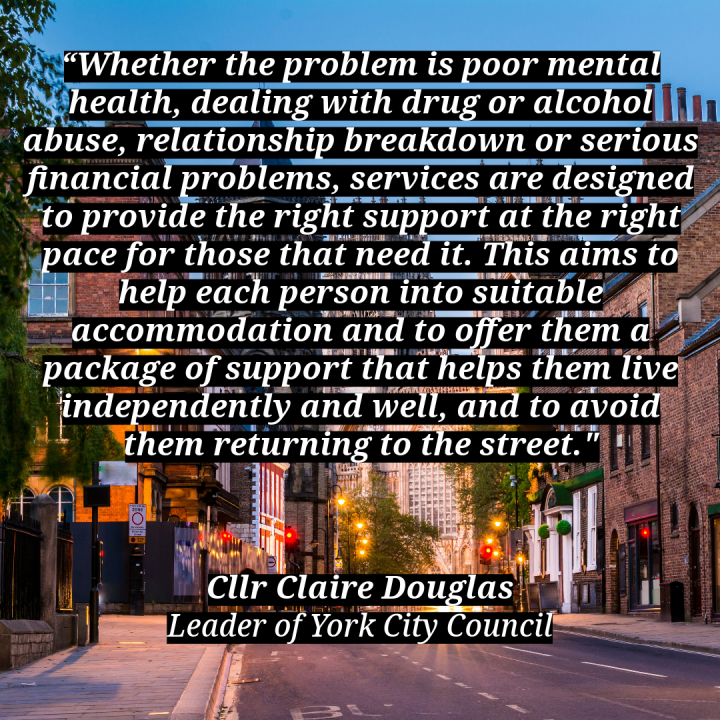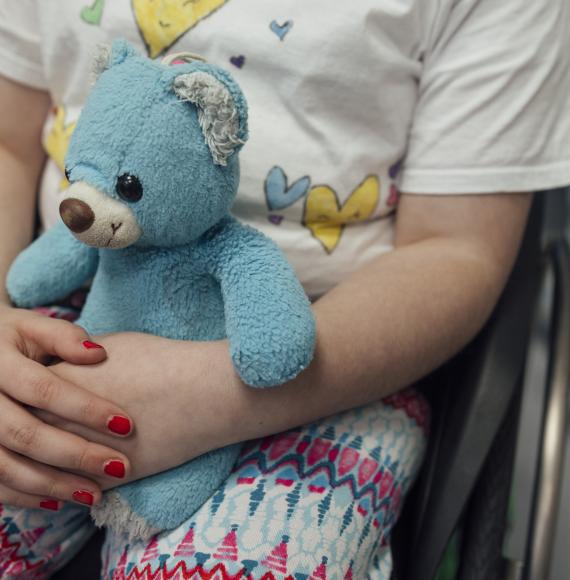City of York Council has secured funding to support the city’s rough sleepers off the streets.
A funding allocation from the government’s Rough Sleeping Initiative for 2023 has seen £265,854 given to the council, whilst a further £500,000 from the Department for Levelling Up, Housing and Communities will also contribute to the plans. The council has outlined how this funding will result in a five-fold increase since 2018.
The investment will be used to increase the amount of specialist support that people who are sleeping rough, with this being delivered through the Rough Sleeper Housing Navigators. These navigators are part of a partnership that works to support hundreds of people into more stable, long-term housing. According to the council, this work has led to the elimination of long-term rough sleeping in York by encouraging those who wouldn’t usually accept the long-term accommodation and wraparound support that is on offer.

Alongside the long-term support, the service has also helped with those who need help getting into accommodation quickly.
Working with those who are either at risk of, or actually, sleeping rough, the navigators work on the streets every early morning and daytime to build trust. They are able to work with speed and sensitivity, with knowledge of where people are likely to sleep rough, as well as the complexity of the issues that they might face and are able to get to know individuals to ensure that the support that is being provided is best suited to them.
Leader of York City Council, Cllr Claire Douglas, said:
“Whether the problem is poor mental health, dealing with drug or alcohol abuse, relationship breakdown or serious financial problems, services are designed to provide the right support at the right pace for those that need it. This aims to help each person into suitable accommodation and to offer them a package of support that helps them live independently and well, and to avoid them returning to the street.
“Once they’re working with the council and our partners, we can look to address each person’s individual needs, including getting benefits in place, training for work, budgeting and tenancy management, before helping them into permanent, stable accommodation.”



















